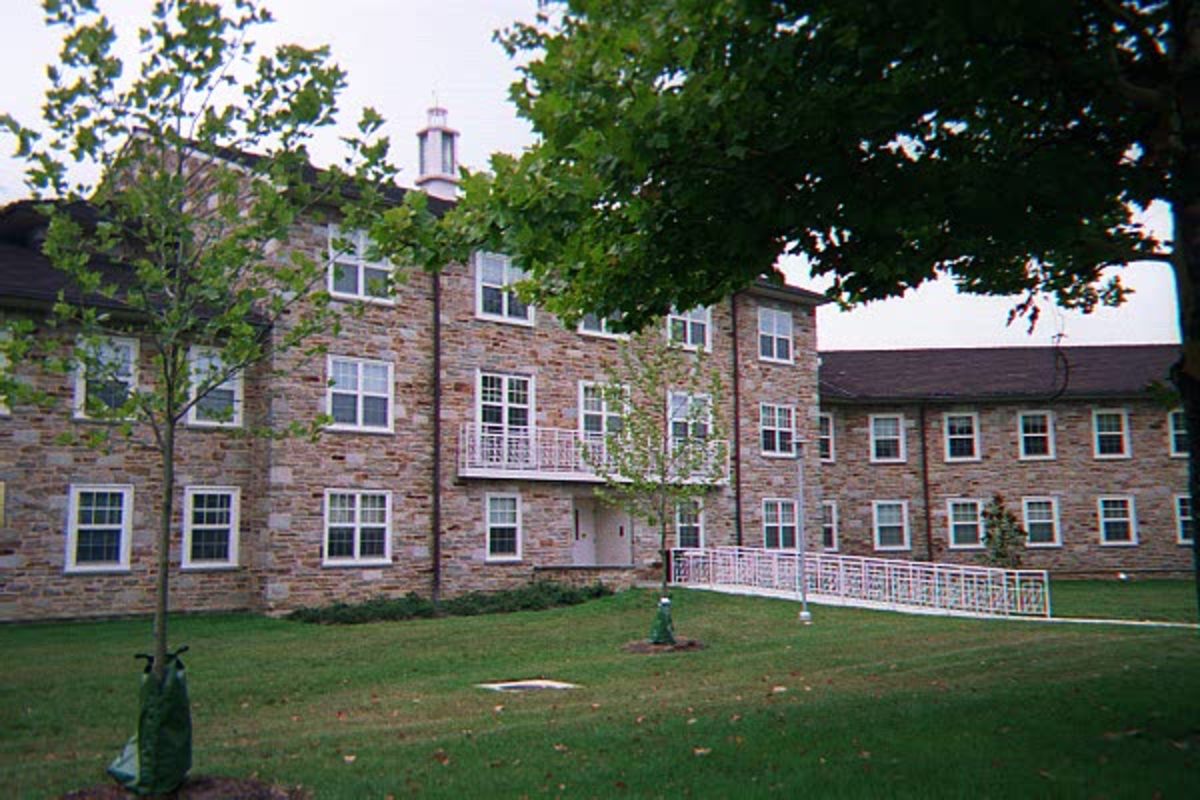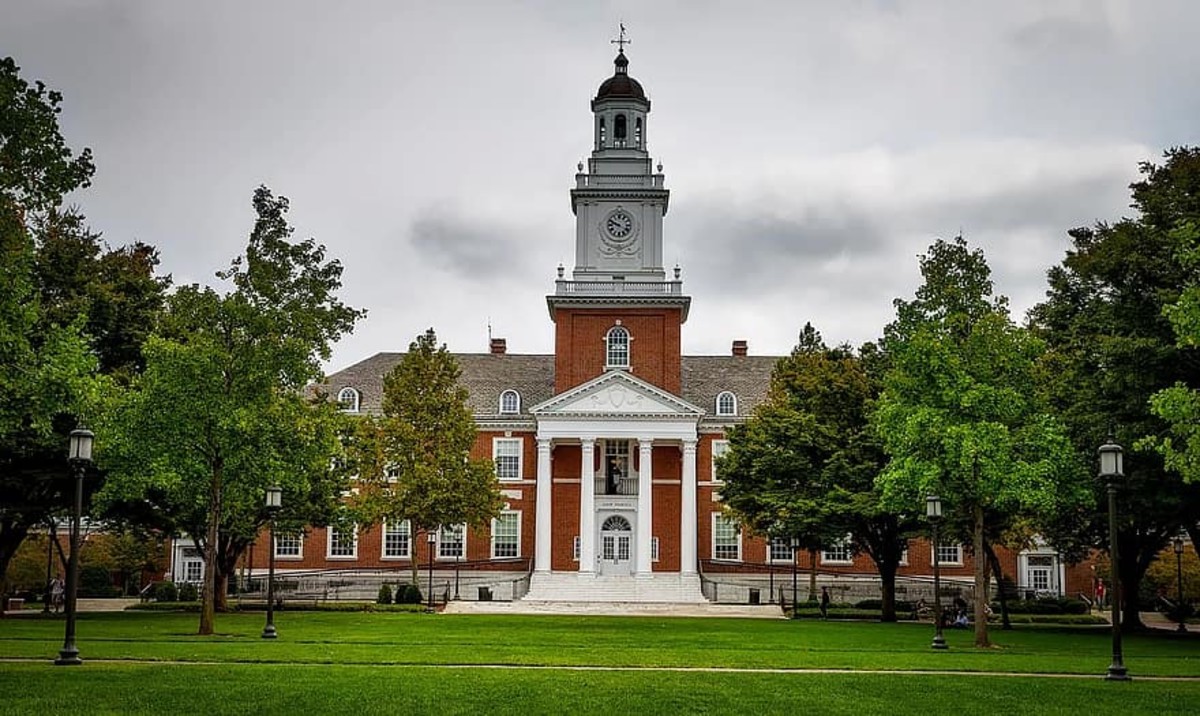Getting Your Kid Ready for College
The Education Industry is a Business
The main mission of a college is to educate students so they can become productive members of society.
Right or wrong?
That statement is only partially true, because a college really exists to stay in business. Yes, education is its reason for its being. But every institution wants to survive. A college is no different.
Regardless of whether it is public or private, profit or non profit, a college looks out for itself first. Its students, while necessary for it to continue offering degrees, are secondary to its goal of staying afloat and moving up in the ever-competitive rankings, published each year by US News & World Report.
Although we've been conditioned to think that higher education is there to serve the public, in reality, it's there to serve a paying public.
There are exceptions, though. Full scholarships are still being given to elite students, but these packages are designed to ultimately benefit the institution.
Not Everybody Can Go to Every College
Until my own children began the college search, I operated under the assumption that students, for the most part, could go to the college of their choice. I did know that some elite universities, such as Harvard and Yale, were highly selective. Others, I realized, were a little less selective, and insisted you had good grades and test scores before they let you in.
However, as long as you had the credentials, I believed, you could go to any college to which you were accepted. If you couldn't afford to go, financial aid would make up the difference.
Little did I realize that tuition (along with room and board) at many private schools was inching closer to $60,000 a year. At some places, since we began our college search, it's even surpassed that. So, if tuition keeps rising, as it has in recent decades, we'll soon be looking at a price tag of $250,000 for a four-year degree.
So, not everyone can attend their dream school. Today, especially, college choice is often determined by affordability.
I've also come to learn that "financial aid" is a misleading term. It can mean the school gives you money for your education that you don't have to repay. Oftentimes, however, it really means a combination of loans.

Making College Count: A Real World Look at How to Succeed in and After College
The Myth of a "Dream School"
The college-industrial complex has sold us a bill of goods. The average American family, however, can no longer afford it.
Many people still cling to the myth of a "dream school." I swallowed this one myself. I assumed there was one perfect school for every child. They might have to look far and wide in order to find it. But it definitely exists and it's worth the search.
I assumed that a student had to attend a dream school, even if it meant moving thousands of miles away.
What I know now is that nearly every medium to large-sized university can meet the need of just about everyone. One exception would be if your child wants to go into a very specialized field, such as engineering. But nearly everyone else can find something that interests them at any given campus.
Not being able to attend a "dream school" won't be a lifelong, crippling handicap.
You'll Get More Financial Aid at a Lower-Tier School
If affording college is an issue, it pays to look at schools in which your child will be an academic star. That's because all colleges want to attract the brightest candidates, in order to improve their rankings. So, under these circumstances, they'll likely offer generous aid.
Full-ride scholarships that waive tuition, and sometimes room and board, are very difficult to come by, unless your student really stands out. He or she probably won't get one of these coveted prizes at a school that already attracts a lot of elite scholars.
So, if you're hoping for a good aid package, look for a school where your child's profile is noticeably higher than the average.
The Perfect School?
Will you do anything so your child can attend his or her dream school?

Some Dual Enrollment Classes are Held at the High School
Sometimes a student doesn't even need to leave campus to attend a dual enrollment class. That's because college instructors and administrators are beginning to expand their services, especially in low-income areas.
These courses are often grant-funded and available at a very low cost to students, approved by their high school guidance counselor to take these classes. This wouldn't be a good idea for a student who struggles, as the grades earned in dual enrollment are etched in stone, and will appear on final college transcript.
The Benefits of Dual Enrollment
Your son or daughter can now earn college credits while still in high school. (However, if your school offers AP classes, this may be a better option.) This allows them to attend classes at a college. The courses they take also count toward their high school diploma.
This can potentially save you thousands of dollars in tuition, because your child can complete his or her first year of college before graduating from high school. Some students have even been able to earn an associate's degree this way.
Dual enrollment classes cost only a fraction of what you'd pay for a regular college course.
Early Action Versus Regular Deadline
The college acceptance process has changed a little since you mailed your own college applications. Back then, the deadlines were either right around Christmas, or, at less selective schools, whenever you got around to sending your admissions packet in.
Now, though, many students apply early in their senior year, usually before November 15. This has several advantages. One is that early action students usually have a higher rate of acceptance. It shows admissions officials that you are highly interested in attending. One college admissions expert compared this to adding 100 points to your SAT score.
However, there are some things to be aware of. You don't want to confuse this with single restrictive "early decision." This is a binding agreement. You are telling the school that if accepted you will attend.
Also, some private schools do not allow you to apply early action to another private institute.

A Guidance Counselor Can Make or Break Your Application
Treat your guidance counselor very well. Admission decisions will hinge upon his or her recommendations. In fact, your high school counselor has enormous power. (Whether or not this is a good thing is a matter of debate. But it is a reality.) He or she is in direct contact with admissions representatives, and much of a counselor's job is building relationships with these officials.
He or she is expected to give honest information. Anything less will put their professional reputation on the line. It will also jeopardize the admissions of future students.
Be on your best behavior when dealing with your guidance counselor. This goes for parents, as well as for students.
Chasing Private Scholarships is a Waste of Time
Many people are under the mistaken impression that there are billions of dollars in unclaimed scholarships. However, this doesn't seem to be the case. Private scholarships are few and far between, and you can waste a lot of precious time chasing down this elusive educational funding.
Even if you do land some money, it probably won't help. That's because the school you eventually attend will probably count it as an asset, and reduce your aid accordingly.
Most scholarship money comes directly from the school you'll attend. This is known as "institutional aid." A student's time is probably much better spent keeping their grades up or working at a part-time job in order to save money for college.
Beware of Parent PLUS Loans
- How a Parent PLUS Loan Can Destroy Your Life
College tuition has increased to where it's no longer affordable for the average family. Parent PLUS loans are part of the problem.
Disclosure
I am a participant in the Amazon Services LLC Associates Program, an affiliate advertising program designed to provide a means for sites to earn advertising fees by advertising and linking to amazon.com.












